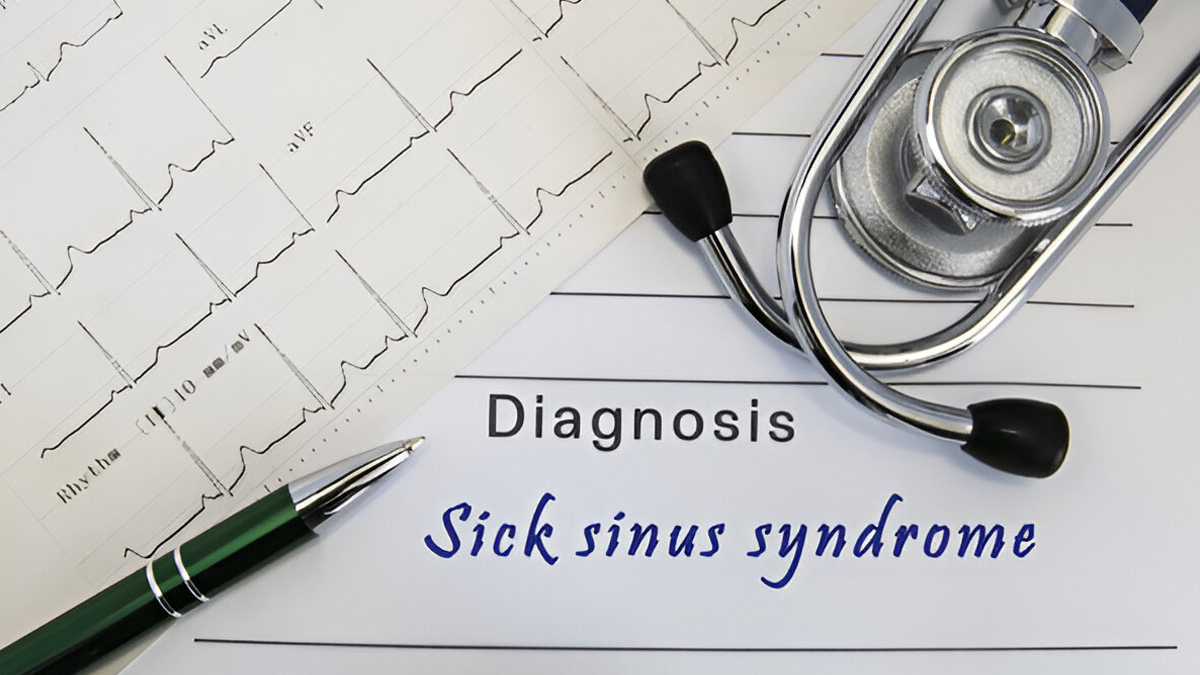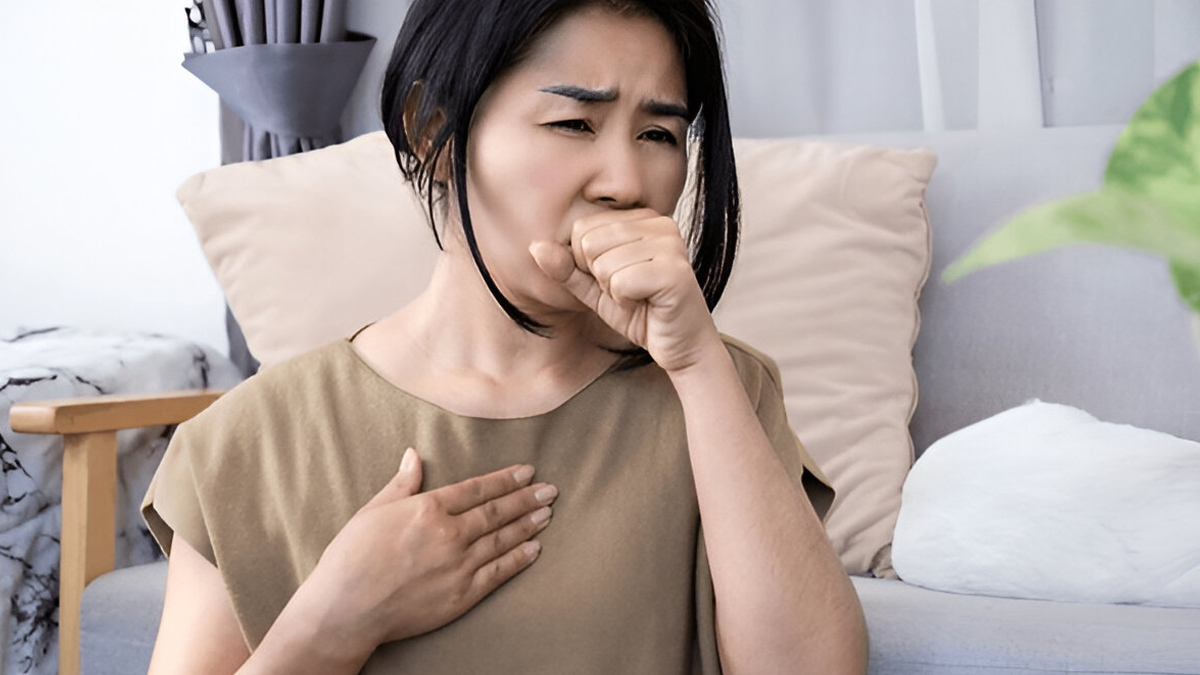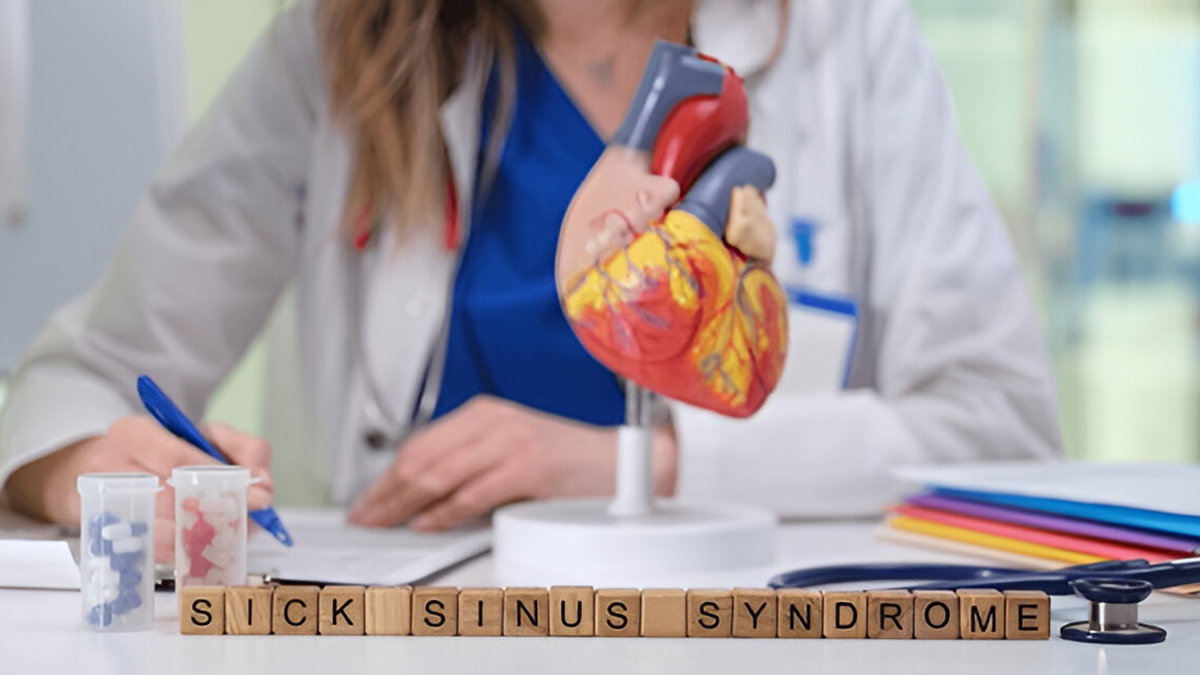
Julie Bowen, one of the favourite characters in the hit TV series Modern Family, opened up about living with a heart condition for years. In an interview with actor Michael Rosenbaum on his podcast, “Inside of You with Michael Rosenbaum”, Bowen revealed that she was diagnosed with sick sinus syndrome in her 20s – a condition that leads to irregular heartbeat or dangerously low heart rate. She further shared that she has had a pacemaker since she was 29 and forgets about it all the time.
Table of Content:-
The 55-year-old actress said the issue wasn’t discovered at birth. She recalled that she was a runner throughout her high school days and always had a low heart rate. However, things got suspicious when Bowen's sister, then a medical student, discovered an irregularity and told her to see a cardiologist.
Sick sinus syndrome is relatively uncommon. However, its risk increases with age. According to StatPearls Publishing, while its reported prevalence is 1 in 600 patients over 65 with heart disease, the incidence rate is about 0.17%.
Also Read: Is There A Connection Between Nightmare and Heart Rhythm? Find Out Here
What Is Sick Sinus Syndrome?

Sick sinus syndrome, also known as sinus node dysfunction, is a heart rhythm disorder where the heart's natural pacemaker, the sinoatrial (SA) node, doesn't function properly, leading to an irregular heartbeat.
The condition can cause your heart to either beat too slow, too fast, or alternate between the two, leading to symptoms such as dizziness, fatigue, and fainting.
What Causes Sick Sinus Syndrome?
According to research, causes of sick sinus syndrome are broadly classified into intrinsic and extrinsic factors.
Intrinsic factors are related to the SA node itself. The most common cause, especially in elderly patients, is age-related wear and tear of the heart tissues, leading to fibrosis (scarring) and degeneration of the SA node. On the other hand, extrinsic factors involve other conditions or factors that affect the SA node's function. These include certain medications, heart surgery, Obstructive Sleep Apnoea (OSA), and metabolic abnormalities.
Young People Can Develop This Heart Condition Too

Sick sinus syndrome is more common in older adults, often associated with age-related changes in the heart. However, young people can develop the condition too due to various factors like congenital heart defects, heart surgery, or genetic predisposition.
Other factors like muscular dystrophy, abnormal inflammation, or hypoxia, also known as oxygen deficiency, can also contribute to sick sinus syndrome in younger individuals.
Symptoms Of Sick Sinus Syndrome
Sick sinus syndrome doesn’t always show itself right away, but when symptoms do appear, they can be alarming.
Many people experience:
- Fatigue
- Dizziness
- Feel like their heart is skipping beats
- Fainting without warning
- Shortness of breath
What makes it tricky is that these symptoms often come and go, making it harder to link them to a heart rhythm problem. But paying attention to these warning signs and getting them checked early can make a big difference.
Also Read: World Heart Rhythm Week: Know All About Arrhythmia - Complete Guide
Treatment Options: From Medication To Pacemakers

Once diagnosed, treatment for sick sinus syndrome depends on how severe the symptoms are. In some mild cases, medications can help manage the heart's rhythm. But for many, especially those with frequent symptoms or risk of fainting, a pacemaker becomes the most effective solution.
A pacemaker is a small device implanted under the skin to help regulate the heartbeat. While the idea of needing one might feel overwhelming, especially at a young age, like in Julie Bowen’s case, it can be life-changing, restoring energy, stability, and peace of mind.
Conclusion
Sick sinus syndrome may be rare, especially in younger individuals, but Julie Bowen’s experience shows that early detection and the right treatment, like a pacemaker, can help you manage your heart's rhythm and help you lead a longer life. Recognising symptoms such as dizziness, fatigue, or fainting, and not ignoring them, is key. With timely medical care, most people with this condition can lead full, active lives without major problems.
Image credit: Instagram/@juliebowen
Also watch this video
Read Next
At 22, Kabaddi Player Brijesh Solanki Dies Due to Rabies After Rescuing Stray Puppy - Report
How we keep this article up to date:
We work with experts and keep a close eye on the latest in health and wellness. Whenever there is a new research or helpful information, we update our articles with accurate and useful advice.
Current Version